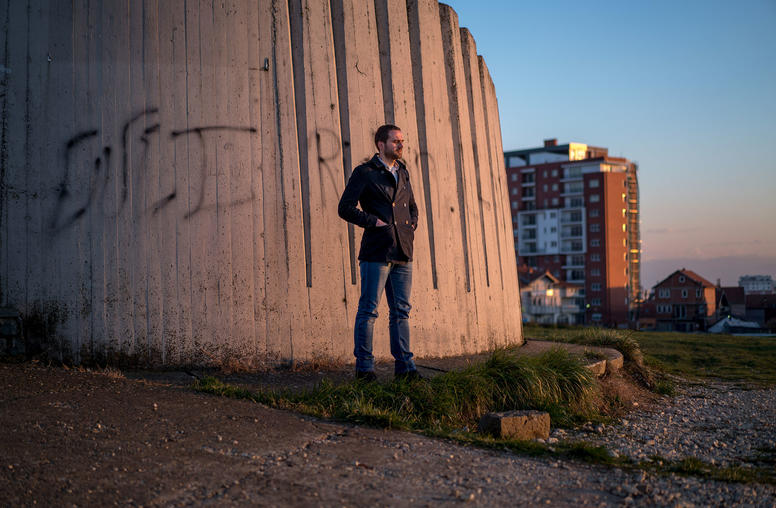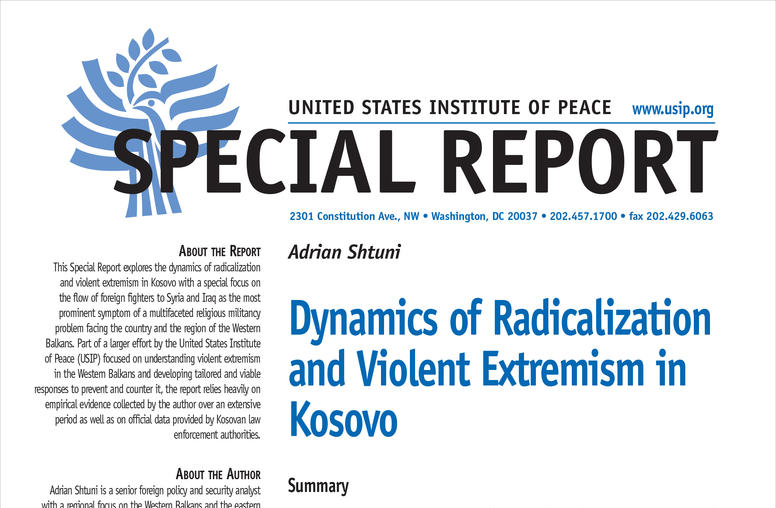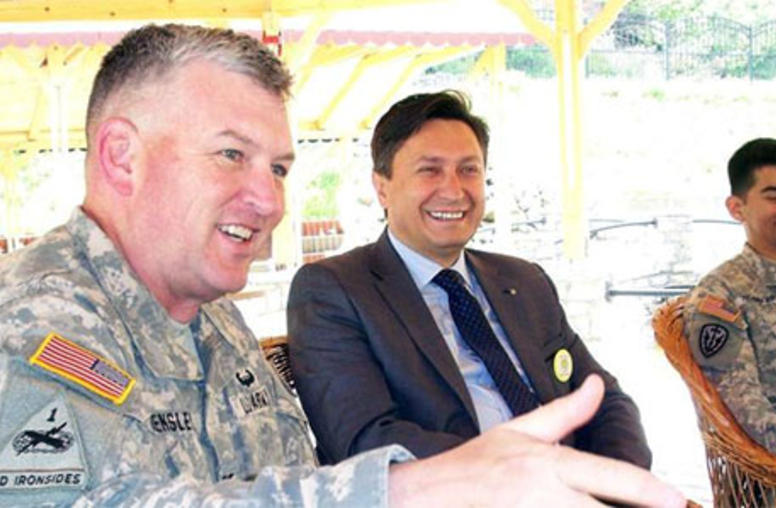Kosovo's Future: Between Hope and Reality
The Youth Initiative for Human Rights, a multi-ethnic initiative of young people from Serbia and Kosovo, has been established to engage peers and top-level leadership in inter-ethnic dialogue and to target current issues sensitive for both Pristina and Belgrade, particularly Serbia's cooperation with the International Criminal Tribunal for the Former Yugoslavia.
With the recent death of Milosevic and talks on the future status of Kosovo well underway, questions arise about the current issues that still divide these communities and the role that youth initiatives can play in overcoming them.
- How will Milosevic's death impact the search for justice in Serbia?
- What are the prospects for reconciliation between Albanians and Serbs? What are the main obstacles?
- What is role of youth and civil society in supporting official dialogue?
- What are constraints that limit effective dialogue between civil society in Kosovo and Serbia?
Speakers
- Sarah Maliqi, Youth Initiative for Human Rights
- Andrej Nosov, Youth Initiative for Human Rights
- Ivan Stojanovic, Youth Initiative for Human Rights
- Comments by:
Tim Judah, Journalist - Daniel P. Serwer, Moderator:
U.S. Institute of Peace



